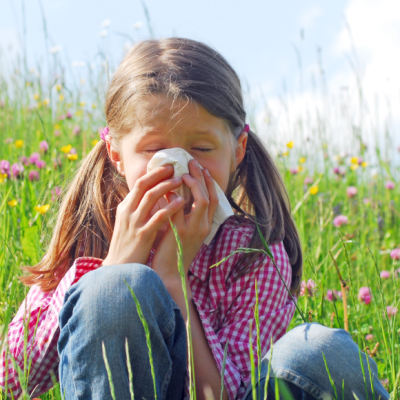A recent long-term study has found that vaccinations do not affect the allergy risk in children. Despite the fact that vaccinations have led to the near eradication of potentially deadly diseases such as polio, tuberculosis, diphtheria, smallpox, and measles in industrialized countries, many parents still refuse to vaccinate their children due to fears of potential side effects. One of the most commonly expressed fears is that vaccinations could increase the allergy risk in children. However, modern vaccines, which are undoubtedly one of the most important achievements of medicine, contain only a low concentration of potentially allergenic antigens, which is significantly lower than the concentration that children are exposed to in their daily lives. Studies in the past have also failed to provide evidence that increasing vaccination rates have led to an increase in allergies in children.
Scientists from the Karolinska Institute in Sweden have now published a study in the journal E Clinical Medicine that has once again examined the possible link between vaccinations and an increased allergy risk in children. The researchers examined children from anthroposophic families who are often not vaccinated and suffer from allergies less frequently than conventionally raised children. A total of 466 people were studied, including strictly anthroposophic and conventionally raised children, as well as mixed forms. The researchers analyzed the reasons why anthroposophically raised children have an insensitivity to a variety of allergenic substances. The researchers observed the children from birth to five years of age and took regular blood samples to test for antibodies against airborne and food allergens. The results showed that there was no correlation between a low vaccination rate and a lower allergy risk when other influencing factors that affect the allergy risk and are related to the anthroposophic lifestyle were taken into account.
These factors include the vegetarian diet that is often present in these families and the above-average length of breastfeeding. Even after five years, the allergy risk of the 54 children who did not receive any vaccinations during this period was not lower than the allergy risk of the children who had received all the recommended vaccinations in Sweden. Johan Alm, co-author of the study, explains that “these results are important because they provide no evidence to support the claim that there is a connection between allergies and vaccinations.” He adds that “there must be something else in the anthroposophic lifestyle that causes the relatively low prevalence of allergies.”










